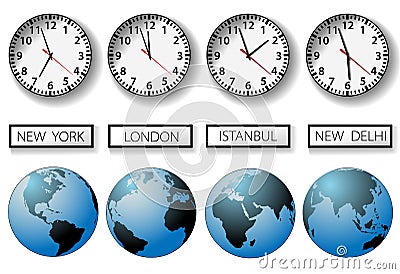
www.dreamstime.com

found at the DJC.com - Seattle Daily Journal of Commerce Building Green Blog
Bloesem blog posted on the Corona globe by Japanese design studio Nendo which gives all countries the same colour and makes borders disappear....the idea being we are one globe not many countries. Read more here.
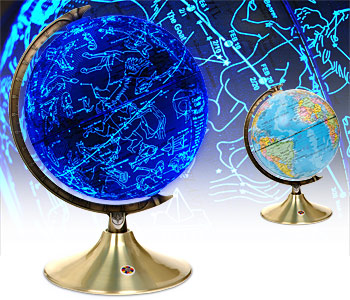
1ststoptravelstore.com -illuminated desk top globe... display planet earth by day and at night the illuminated night sky with 88 constellations
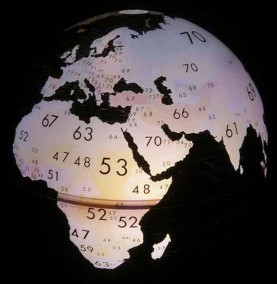
World-processing is Ingo Gunther's sculpture/data processing business.
The top image at this post is from the remarkable worldprocessor.com and the image above shows nations numbered with their average life-expectancies. Gunther makes hundreds of globes of the world, with the graphics and labels tweaked to overlay social, technical and political relationships to geography.

Earth in 80 languages -the languages are not identified other than by their position (where they are most commonly spoken). The size of the words is proportional to the amount of speakers.

Shamanism and Traditional Beliefs Primitive Religions.

Wetlands is the collective term of marshes, swamps, bogs and similar areas. About 75% of all endangered species are native to the world's wetlands.

Hannover all over. Places that bear the name Hanover after the German town of "Hanover".


The book above can be found at the website. The globes were created between 1988 and 2004 as far as I can see. Presently I cant say form the website if it continues. If anyone knows I'd be interested to know more.
This is my favourite image of all! The illuminated globes all carrying a statement about some aspect of the planet.

Why did I title this post world-making? This is a concept every now and then I have heard ... floating into my consciousness... from who know's where... and causing me to ponder.
Tonight I am posting these images of globes and the fascinating text below I accidently just found googling world-making to see what might surface. Well... I caught a big fish one might say... I found precisely in this text something of what I wanted to intimate in my post tonight which is actually celebrating the first 365 days of being in the blogsphere with all you wondrous passers-by, ships in the night, dear friends and followers and sometimes visitors!
Its a birthday party and its titled world-making because that's what this last year has been for me... an amazing conversation out into a bigger, more vibrant sense of the world... and what did I discover?
That we pretty well all like sweet things much more than we are supposed to all around this globe (I'm not the only one!) ... and that you are amazing my blogosphere friends!
Humanities Research Centre, Research School of Humanities The Australian National University |
The World and World-Making in Humanities and the Arts
Along with interdisciplinary debates on globalization, the last few years have witnessed a resurgence in the idea of the ‘world’, and markedly so in humanities and the arts. ‘World History’, ‘World Literature’, ‘World Art, and ‘World Music’ are now frequently cited sub-disciplinary rubrics. As market categories, of course, these have circulated for a while now to signify cultural productions from the non-West. But the idea of ‘world’ we wish to invoke here transcends this cultural divide and speaks to a domain of human connectivity, a form of relationality, a being-with-others that cannot be wholly contained within the economic and political systems of globalization.
While both globalism and worldmaking connote an orientation to a domain larger than one’s immediate affiliations – kinship, ethnicity, race, region, nation – the distinction between the two concepts, ‘globe’ and ‘world’ is only just beginning to receive increasing attention, with the former marked by the material flows of capital and the space-time compression these bring in their wake, and the latter by a more idealist dimension marked by human labour, creativity and expressivity. Thinkers/writers from Goethe, Marx, Kant and Leibniz to Heidegger, Arendt, Derrida and Nancy have provided much of the philosophical and critical bulwark to this body of contemporary scholarship.
Questions about world making have ranged from its disjunctive temporality in relation to the time of global capital to its normative capacity to arrive at yet another vision of the universal, to enter into yet another compact with humankind in this era of hyperconnectivity through advances in information and communication technology. Questions of scale and scope, given our primarily nation- or region-centric paradigms of knowledge making, are not surprisingly part of this scholarly repertoire, as are questions of its affinity with other global concepts such as cosmopolitanism, international relations and world-systems theory. Of particular import is the special resonance the idea of worldmaking has had in the predominantly aesthetic fields of literature, music and the arts.
We propose to dedicate the year 2011 to exploring this emerging conversation on the idea of the ‘world’


.JPG)








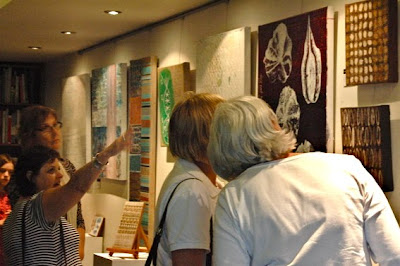

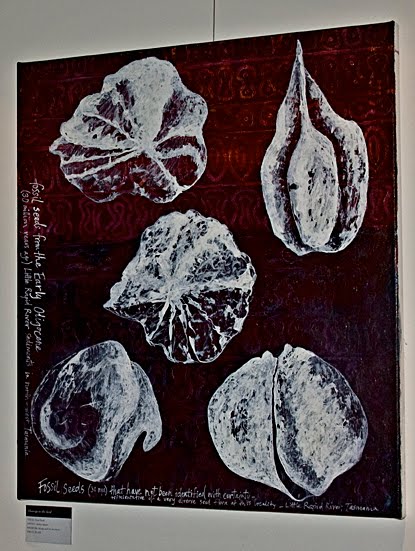





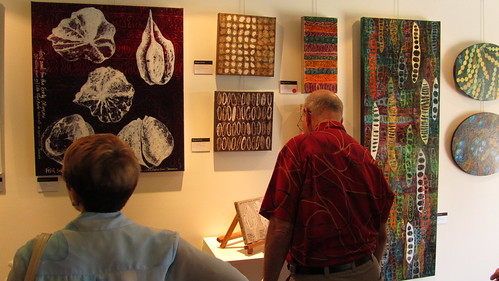
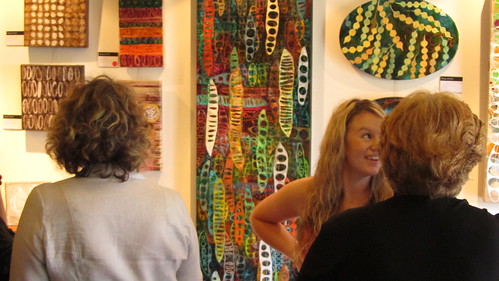




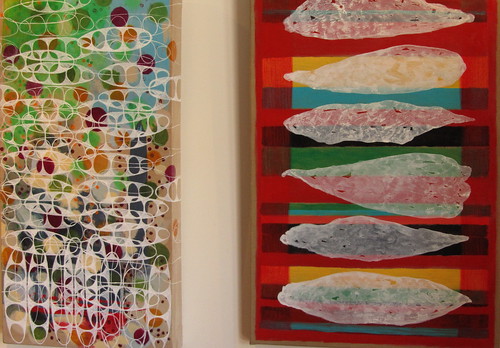




.JPG)



